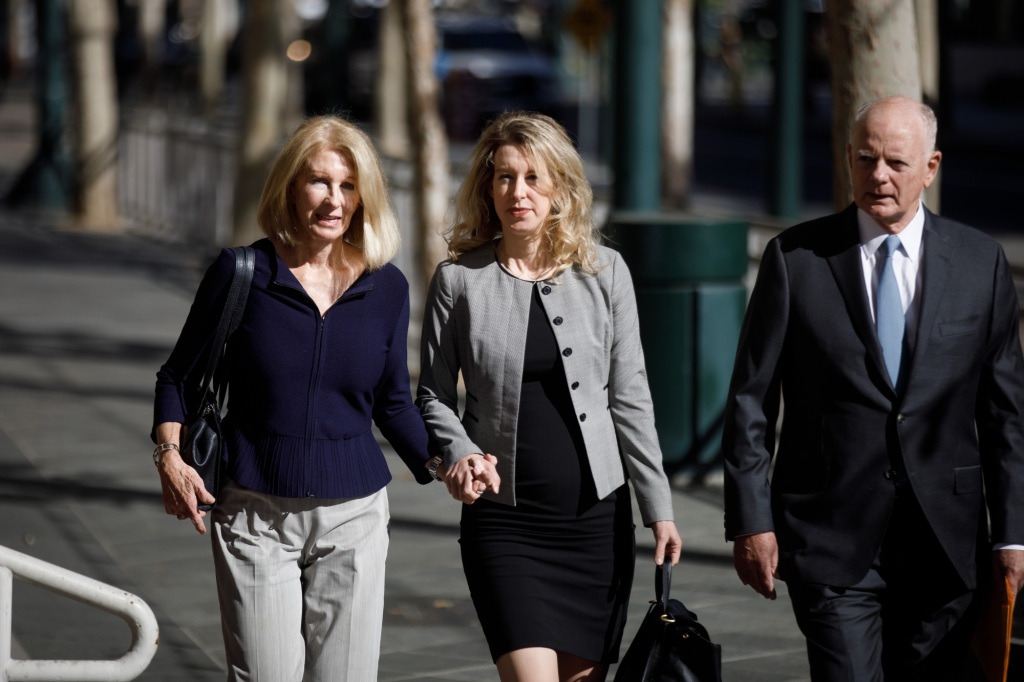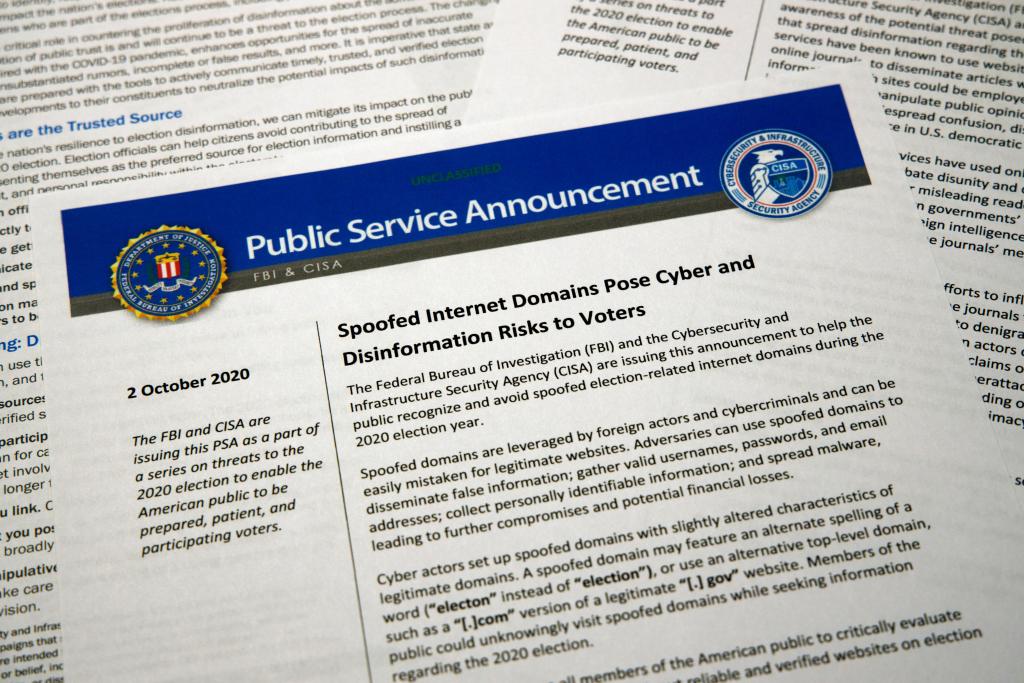Theranos founder Elizabeth Holmes on Wednesday demanded yet another new trial, her second bid in two days, again claiming “new evidence” invalidated the verdict of the jury that convicted her on four felony fraud counts.
Holmes, who founded the now-defunct blood-testing startup in 2003 as a Stanford University dropout, on Tuesday filed a motion in U.S. District Court in San Jose, claiming a key prosecution witness in her trial had last month shown up disheveled at her home, apparently remorseful over his testimony against her.
On Wednesday, Holmes filed a motion arguing that federal prosecutors made arguments in the trial of her co-accused and former lover Sunny Balwani — whose trial followed hers — that likely would have led the jurors in her trial to a different decision. Those arguments amounted to new evidence requiring a second trial for her, the motion said.
Holmes, 38, brought on Balwani, 57, as chief operating officer at Theranos. The company went bust in 2018 after the pair were charged with fraud.

Near the end of Holmes’ four-month trial, which ended in January with convictions on three counts of defrauding investors and one count of conspiring with Balwani to defraud investors, she took to the witness stand in her own defense and tearfully claimed Balwani had sexually abused and controlled her. Balwani, who has denied her allegations, was convicted in July of 12 counts of felony fraud, including two counts of conspiring with Holmes.
In Holmes’ trial, government prosecutors sought to present her and Balwani as equals running Theranos, the motion filed Wednesday said. “The government strenuously contested any suggestion that Mr. Balwani exercised influence over Ms. Holmes,” the motion said.
But in Balwani’s trial, federal prosecutors “reversed course,” alleging that Balwani had held a position of strong influence over Holmes, the motion said, citing prosecution arguments from Balwani’s trial. “If Ms. Holmes’ jury had heard that the government itself admitted that Mr. Balwani was ‘older and more experienced’ than Ms. Holmes, that he exercised ‘a lot of influence’ over her, and that his ‘input would carry a lot of weight with her,’ it probably would have acquitted Ms. Holmes on the remaining counts, the motion asserted.
Prosecutors in Holmes’ case did not immediately respond to a request for comment.
Holmes is due to be sentenced Oct. 17.










